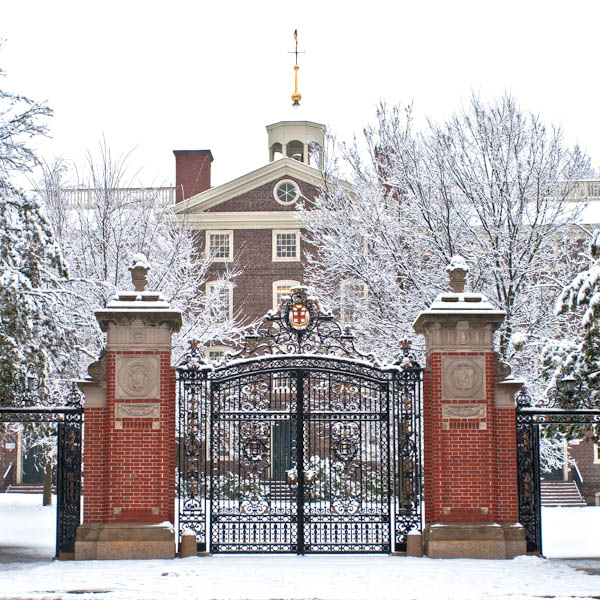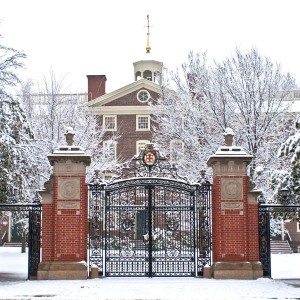 First, let me apologize that I’m not addressing this in the comments of the original post. I simply am not able to participate in the discussion on the threads. However, I am pleased to see the amount of intelligent discussion that took place.
First, let me apologize that I’m not addressing this in the comments of the original post. I simply am not able to participate in the discussion on the threads. However, I am pleased to see the amount of intelligent discussion that took place.
In particular, there was some back-and-forth about unregulated capitalism, what constitutes it, etc. There is one very important point I want to stress on this. It’s the crux of my argument.
I made the point that I’m not trained as an economist. That wasn’t necessarily deference, but an indication of my point of view. I am not terribly concerned to argue about econometric models that may–or may not–describe, or even resemble reality.
I am approaching this from an historical perspective. I am not concerned with what the models tell us may happen; I want to know what happened when certain conditions were in place.
Unregulated capitalism did exist. In real life. It was how the markets operated from the mid-1800s until regulations cleaned it up in the 1930s. This means we have what is called a ‘natural experiment’, in which conditions are not modeled, but put in place.
So we don’t have to ask what the various schools of economics tell us what will, or might happen should unregulated capitalism occur. We’ve been there. We’ve done that. We tried it. It didn’t work.
The result was a welter of vertically-integrated monopolies, or near monopolies. I quoted a source that had a contemporary description of the situation that existed. Whole sectors of the economy were controlled by single companies headed up by a single individual. This was described as a good thing because it ended ‘wasteful competition.’
In the process the economy was subjected to cycle of boom and bust, the busts getting progressively worse, until we were hit with the Great Depression. At which point, we started regulating the markets, the first step being to prohibit monopolies.
Again, this is not theory. It’s what happened the first time. There is absolutely no reason to believe it won’t happen again should we deregulate even more than we have. Corporations are getting larger. Intel and Microsoft have no effective competition. Banks are so large that the failure of one can bring down the entire economy.
Since we did that, the economy grew, and the recessions that occurred were generally much shallower and of significantly shorter duration than what occurred before the 1930s. This was called the great moderation.
Then we started de-regulating. We kept de-regulating. Banking in particular was de-regulated to a degree not seen since, well, the 1920s. After which, they went off on a spree based not on sound market principles, but speculative fervor. The result was a crash that was the worst since, well, the 1930s.
This is not a coincidence.
Unregulated markets? We tried it once. It didn’t work.








